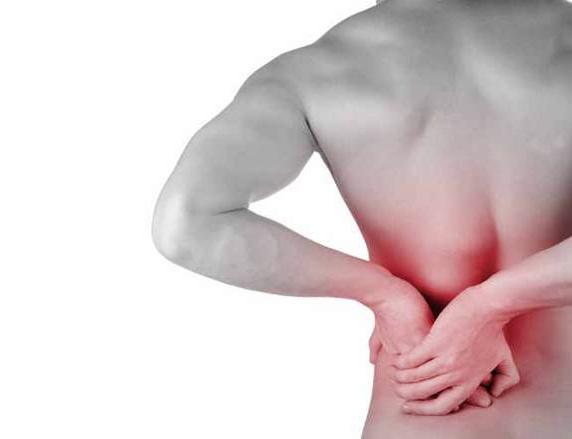WHAT PRENATAL MASSAGE IS
Prenatal massage is therapeutic bodywork that focuses on the special needs of the mother-to-be as her body goes through the dramatic changes of pregnancy. It enhances the function of muscles and joints, improves circulation and general body tone, and relieves mental and physical fatigue. The gentle, noninvasive approach of prenatal massage can ease discomfort associated with pregnancy, help the mother-to-be prepare for labor and give her nurturing emotional support.
Benefits for the body and mind
The benefits of prenatal massage include a wide range of physiological, emotional and psychological benefits.
· Alleviates stress on weight-bearing joints and musculo-fascial structures
· Assists in remedying many of the common discomforts experienced during pregnancy: muscular discomforts, lower-back pain, upper-back pain, headaches, leg cramps, sciatica, stiffness, tension and knots, carpal tunnel syndrome, headaches, heartburn and acid reflux, fatigue, varicose veins, nasal congestion, shortness of breath, edema of the lower extremities, neck pain, interscapular pain, sacroiliac and hip joint pain and constipation
· Increases blood circulation, which provides more oxygen and nutrients to both mother and fetus and stimulates the lymph system, thereby increasing immunity and removal of toxins
· Stabilizes hormonal levels and helps relieve depression or anxiety caused by hormonal changes
· Soothes and relaxes the nervous system by releasing endorphins into the mother’s body. As a result, the expectant mother feels more relaxed and at ease, and will also sleep more easily and more deeply
· Assists in maintaining good posture and adjusting to a changing alignment caused by the baby’s increasing weight. Massage increases muscle tone and flexibility, enhancing the ability to carry this extra weight while also relieving aches and pains, leg cramps and muscle spasms
· Eases the load on the heart and helps keep blood pressure in check
· Enhances the pliability of skin and underlying tissues
· Supports the return of blood to the heart and increases blood flow to the uterus and placenta. With the enormous demands placed on the circulatory system during pregnancy, blood volume may increase up to 60 percent compared to pre-pregnancy levels. As pregnancy progresses and the uterus enlarges and presses deep into the pelvic bowl, venous return to the heart is hampered
· Prepares the mother-to-be for an easier delivery with its sedating effect on the nervous system, promoting relaxation and stress relief
· Offers a natural, safe, drug-free alternative choice for pain relief, since taking medications are often limited during a pregnancy for the sake of the unborn child
· In addition to the physical benefits, prenatal massage provides expecting women with the emotional support and nurturing touch provided by nonsexual human touch and energy.
How Massage can be Supportive in the First Trimester
Massage in the first trimester of pregnancy has many benefits, both physical and emotional. It helps with stress reduction and relaxation, and thus supports the body in adapting to the hormonal changes it is going through. It may help with sleep issues, focus/concentration, early pre-natal bonding, and support the growth and development of the embryo and then foetus. Massage may specifically help alleviate typical early pregnancy symptoms such as nausea / vomiting, fatigue / energy levels, breathlessness, constipation; and generally enhance self-awareness and wellbeing.
“The main focus of first trimester work is to support the multitude of changes which the woman is undergoing. Stress reduction and acceptance of the changes is key part of this. First trimester work lays the foundation for the rest of the pregnancy”
Stress and anxiety, especially in the first trimester, have been shown to have potentially adverse effects on pregnancy. Extreme or sustained cases have been linked to miscarriage and premature labour, but also growth and developmental issues with the baby. Some of these events are completely out of our control such as the loss of a loved-one, and accident or serious illness; others, if recognised, may be managed such as sustained high levels of stress at work.
Fear of Miscarriage
The vast majority of miscarriages are of genetic origin, caused by some genetic defect in the make up of the embryo/foetus. Chromosomal abnormalities in particular are the most common cause for early isolated cases of miscarriage – this is less often the case in recurrent miscarriages however. In most cases of chromosomal abnormalities in particular the embryo/foetus simply is not viable, which is why they miscarry early.
Clearly the causes of miscarriage are complex, but given that there is no evidence of massage being a contributing factor and the positive emotional and physical benefits afforded by massage, to shun massage altogether in the first trimester could be denying women a helpful boost on their journey to motherhood.
Tereza Vomackova



